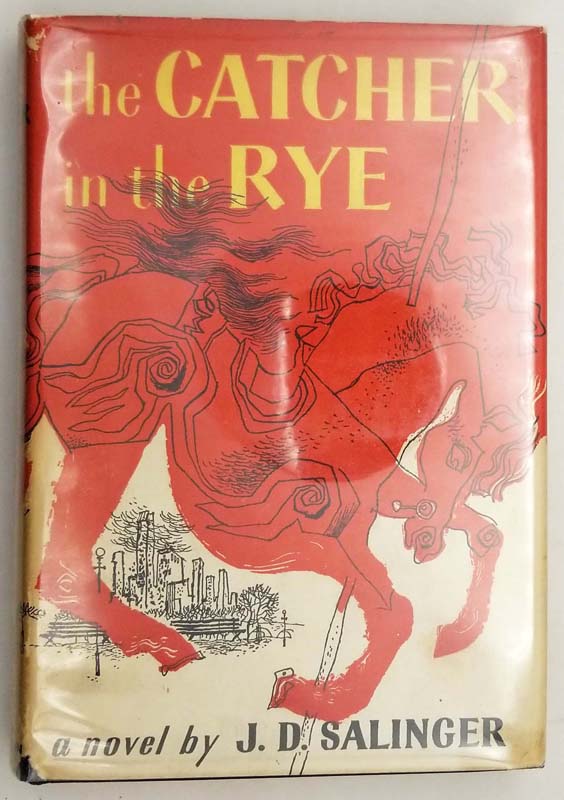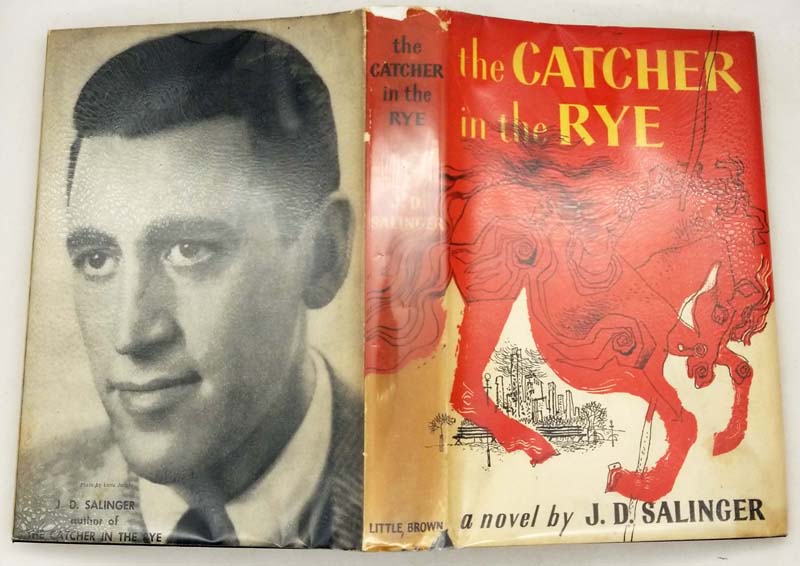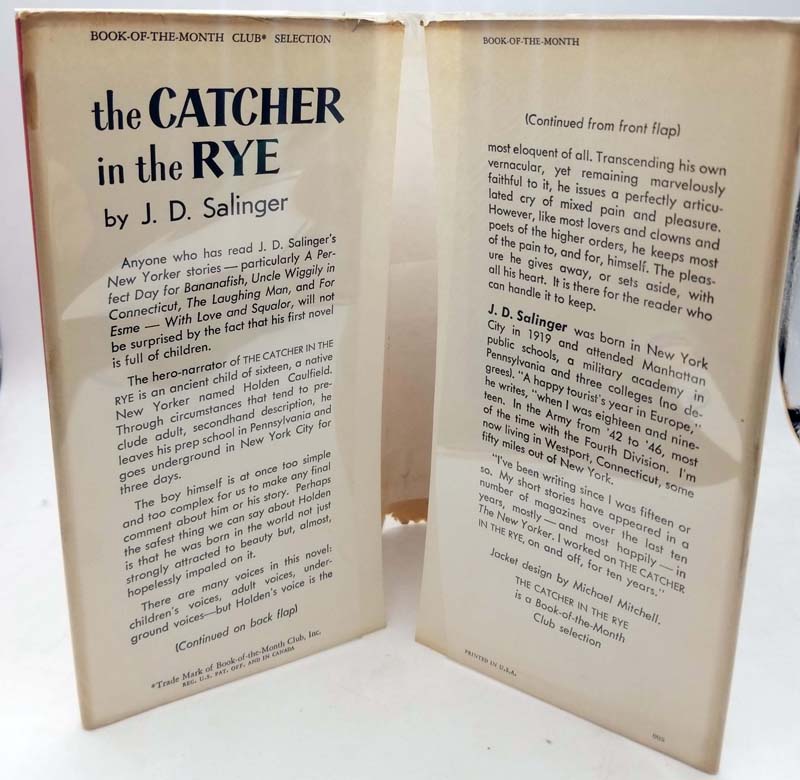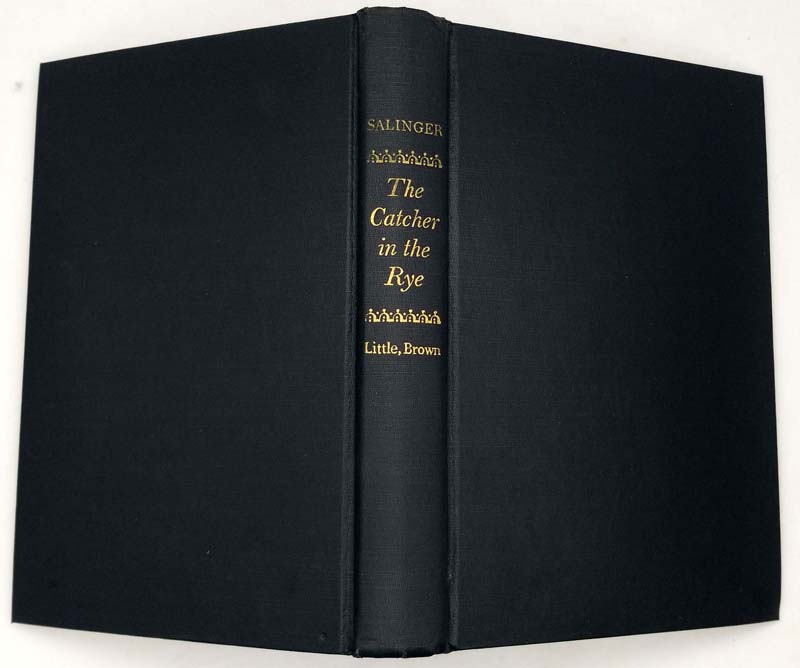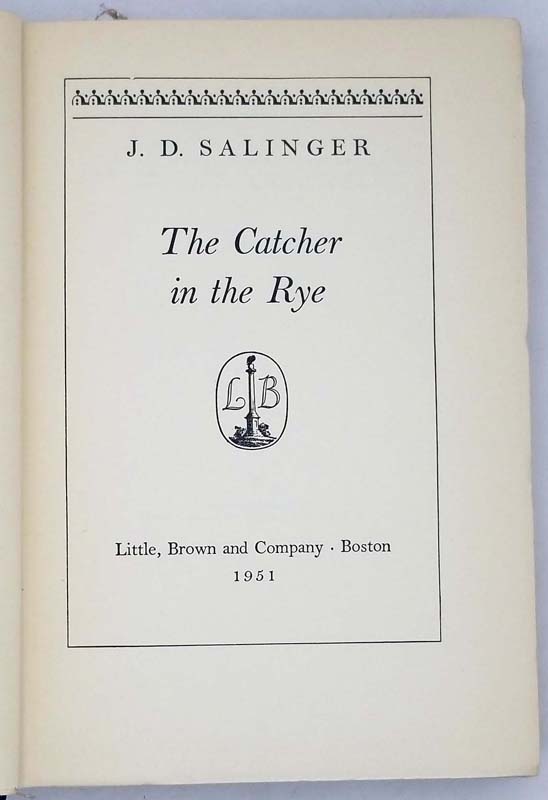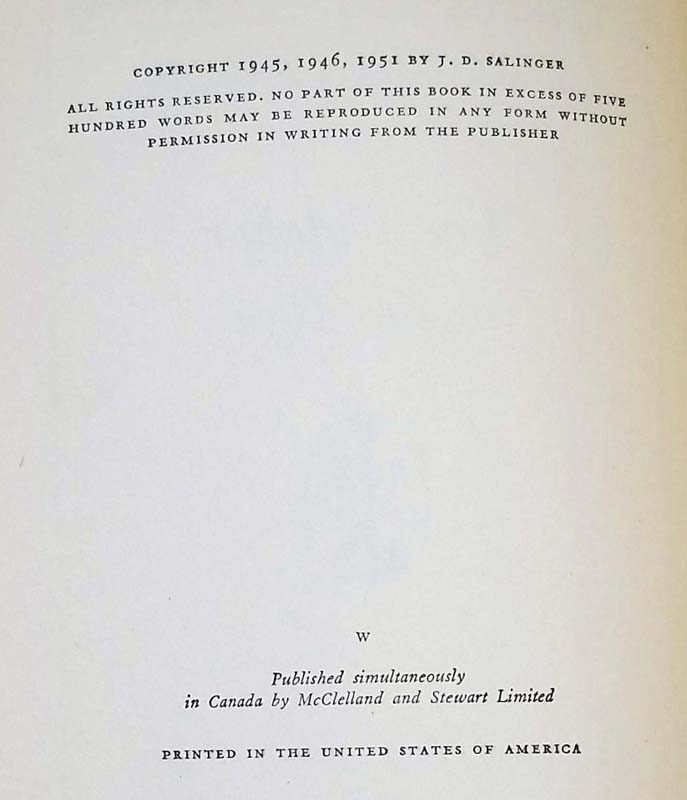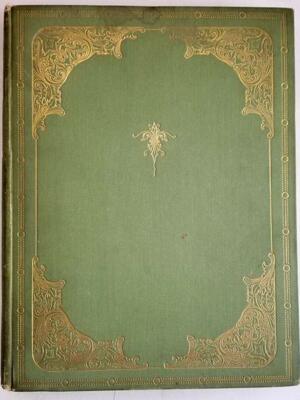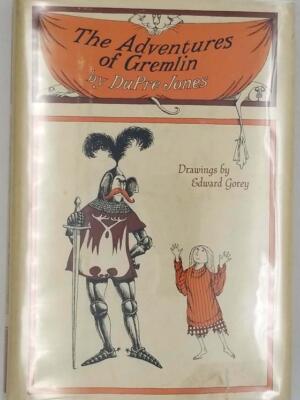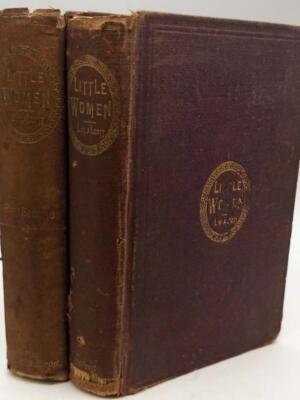The Catcher in the Rye by J.D. Salinger is a defining novel of teenage alienation and rebellion, first published in 1951. The story follows Holden Caulfield, a disenchanted 16-year-old who, after being expelled from prep school, wanders New York City for three days, grappling with the “phoniness” of the adult world, his own grief, and the loss of innocence. Narrated in Holden’s raw, sardonic voice—brimming with slang, digressions, and emotional turbulence—the novel captures the universal angst of adolescence with piercing authenticity.
Salinger’s masterpiece, often banned yet endlessly debated, explores themes of identity, isolation, and the fragile transition from childhood to adulthood. Its title alludes to Holden’s fantasy of being the lone guardian who saves children from falling off the edge of a rye field—a metaphor for his desperate, flawed yearning to preserve purity in a corrupt world.
A cultural touchstone, The Catcher in the Rye remains a visceral, unforgettable read, resonating across generations as both a critique of conformity and a poignant portrait of wounded idealism.
